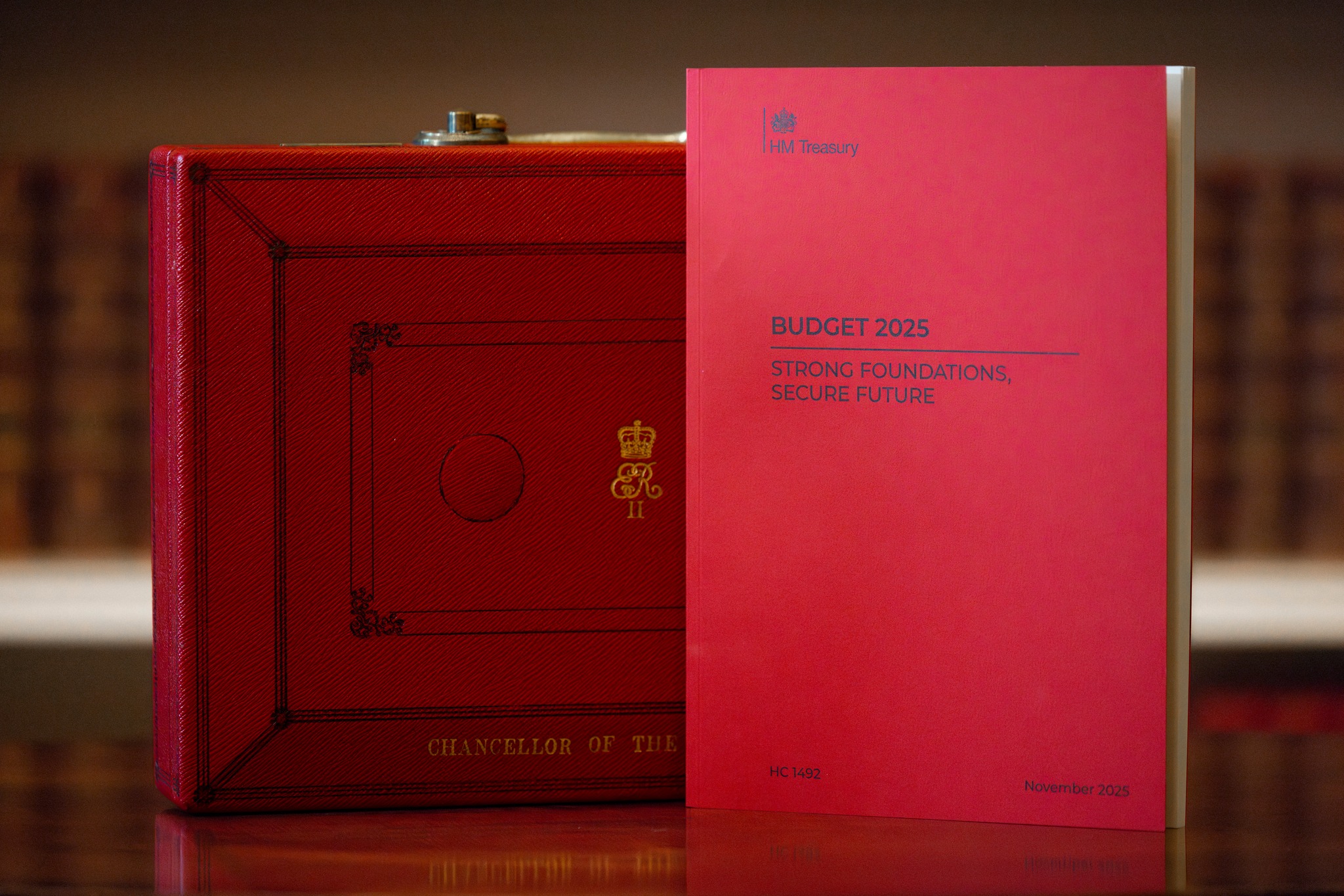You have to admire those who decide to start a business. They will need to draw on all the commitment, courage, insight and self-confidence they can muster, and that’s not discounting the financial risks involved. In fact, many startups fail in their early stages. Therefore, anything which helps the company to minimise that possibility can only be welcomed.If you intend to innovate, there can often be an uncomfortable and ‘cash-dry’ period of research and development. That’s until your products or services establish a regular revenue stream.That’s why R&D tax credits for startups can be so important. They could even mean the difference between failing, surviving, and also thriving. Understanding what qualifies you for eligibility has historically been complicated. That being said, don’t assume that the R&D work you’re doing doesn’t qualify. Just because your work might not bear fruit doesn’t necessarily make you ineligible. You’ve still invested in innovation, and that’s the important part.
The practical benefits
In 2004, clear guidelines came into being for R&D tax credits and the procedure required to check eligibility. That was because the previous rules governing this area had caused many businesses to pay too much tax. That is when they were assuming the financial risk of researching and developing innovative products and services.Additionally, lack of awareness about R&D incentives has historically discouraged many small companies from doing any research whatsoever. The consequent knock-on effect has been a lack of innovation and, consequently, competitiveness in the broader economy.
What exactly falls into the category of Research and Development?
Starting a business is a daunting prospect in itself. The better-informed the entrepreneur is, the more likely they are to take a calculated risk of spending in this area.R&D itself is a common term, but the obvious question is; what activities does it actually include?
- It needs to be creative, non-routine work - something which offers novelty in content and outcomes.
- It needs to be systematic. A lucky, accidental discovery doesn’t count as R&D. You need to demonstrate that the breakthrough came about as part of a plan.
- We live in the knowledge economy, so R&D needs to show advancement in knowledge of some kind.
What gives a startup the right to claim R&D tax credits?
What’s important is that you are bringing something new to the market. You can do that by either offering an improvement to an existing product or service, or something genuinely new. If you have invested in non-revenue-generating work to advance your product or service, you can put in a claim.HMRC will have a close look, but as long as you can justify them, you can include the following expenses:
- Any specialised software purchased for this purpose
- Cost of employing extra staff, such as freelancers or contractors
- Use of utilities such as electricity
There’s an obvious conclusion to all the above. And that is that startups can claw back a good chunk of what they spend by claiming these credits. Taxable profits are reduced significantly, an incentive in itself, and there’s a stronger invitation to invest in knowledge and innovation.
FAQs

Can we help your business?
Book a free consultation with our expert R&D funding advisors today. We specialise in helping innovative businesses like yours unlock millions in government funding, specifically allocated to fuel your innovation. Let us help your business access the support it deserves.









.svg)


